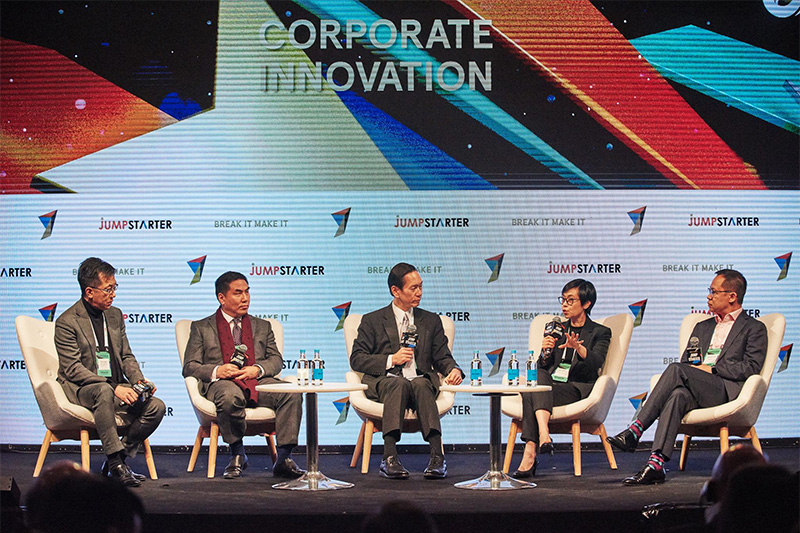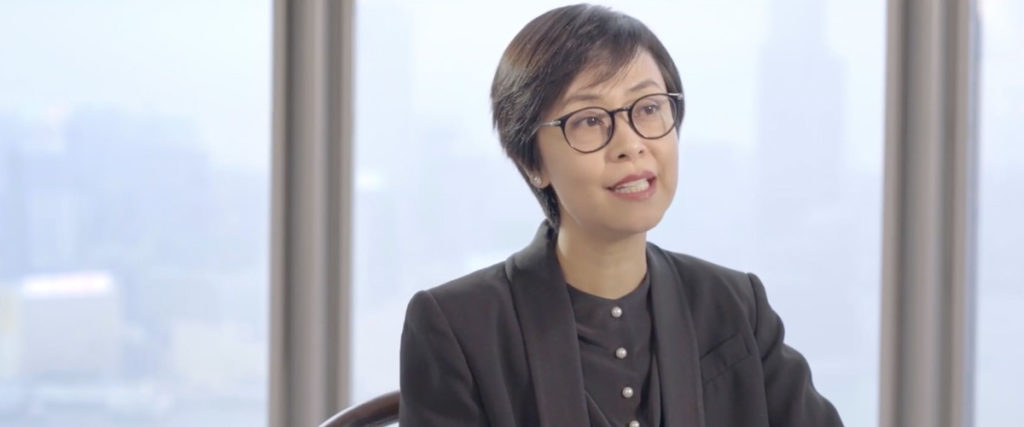At Hong Kong’s Jumpstarter conference, CEO of HSBC Hong Kong Diana Cesar shared her thoughts on how learning about innovation through startups is crucial if the banking behemoth is to keep up with a rapidly-changing world.
It’s no secret that corporates and startups have long been uneasy bedfellows. The former stand firm as age-old institutions of structure and stability while the latter are more often than not a flurry of half-baked developments kept afloat by vision, enthusiasm and an excess of energy drinks. However, in light of HSBC CEO Diana Cesar’s comments at Alibaba’s startup conference Jumpstarter last week, there is evidence the tide is changing.
“Society is undergoing tremendous changes, and our system, our legacy platform, needs to adapt to accommodate those changes,” said Diana, speaking on behalf of HSBC at the event at the Hong Kong Convention and Exhibition Centre. “On the startup front, we have already invested HKD 200 million. We hope to work with these new startups to identify aspects we can streamline, and narrow the gap between what we provide and what our customers need, bringing the services we offer to an even higher standard.”

HSBC, like its global financial counterparts, is decked out with an impressive host of proprietary technology and services that their in-house teams have developed, including mobile banking, net banking and faster payment system (FPS). However, Diana admits that, as things stand, the enterprise is not innovating quickly enough. As she put it, “We recognise that a purely internal perspective cannot fulfil our customers’ demands, nor today’s needs.” To that end, the company is now developing artificial intelligence (AI) systems and biometric recognition to offer their customers greater flexibility and an even smoother experience.
In today’s world, startup-driven innovation is the future forward, whether you’re a globally renowned firm or an individual. This is doubly true in Hong Kong, a burgeoning startup hub populated by accelerator programmes and co-working spaces, where industry giants such as KPMG, Swire and CK Hutchison are beginning to take note of promising startups. Hong Kong’s government, too, has invested over HKD 100 billion in fostering research and development projects, supporting advanced technology incubation schemes such as HKSTP and Cyberport. With the Greater Bay Area between Macau, Guangdong and Hong Kong set to surpass other bay areas such as New York and San Francisco in GDP by 2030, the future is now. Brace for take off.
For more coverage of Hong Kong’s Jumpstarter conference click here.





